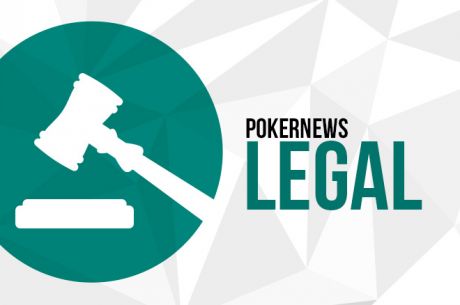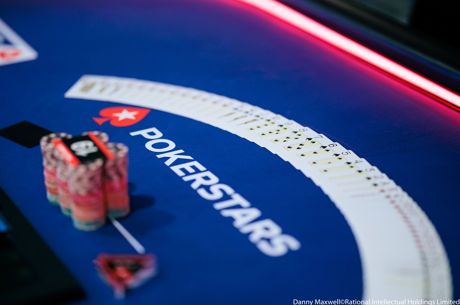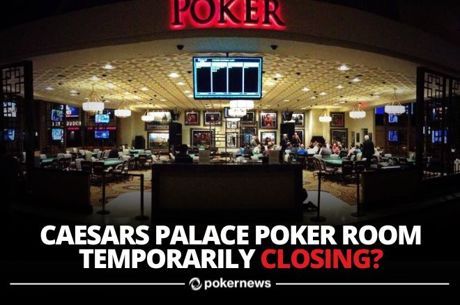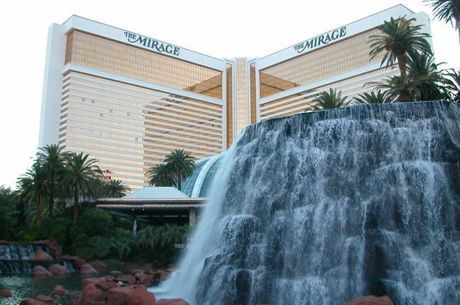Dutch Legislatures Propose a Higher Tax Rate for Online Gaming Providers
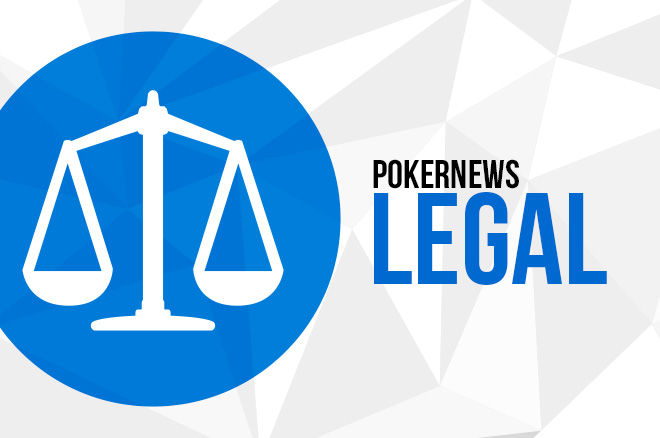
To many in the industry, it isn't a matter of if but when the Netherlands adopts an online gaming licensing regime. One of the main sticking points in the legislature over the past few years has been tax rates.
What comes as a surprise to industry experts, the coalition partie �� the People's Party for Freedom and Democracy (VVD) and the Labour Party (PvdA) �� submitted a proposal to increase the originally proposed tax rate from 20 percent gross revenue tax to 29 percent. The reason for the surprise is that both parties have supported the lower tax rate in the past.
The proposal is being taken seriously by interested parties since the country's Prime Minster, Mark Rutte, is the current leader of the VVD.
For the past few years, supporters of an online gaming bill have campaigned for a 20 percent gross revenue tax rate. It appeared that this rate was cemented in the middle of 2014 when the Dutch Council of Ministers approved proposed language of new gaming laws that included the rate.
However, it's no coincidence that the two political parties are now recommending a 29 percent gross revenue tax, which is the same rate the country's land-based casinos are currently subject to.
Operators have learned their lessons in other jurisdictions and I think interest in the market will seriously decrease if and when these motions pass parliament.
According to a blog written by DLA Piper gaming attorneys Richard van Schaik and R��bin de Wit, the differentiating tax was again defended just a couple of weeks ago by the Dutch State Secretary for Security and Justice Klaas Dijkhoff.
As one might expect, land-based casinos have been the biggest complainers about the proposed 20 percent tax rate believing that it would create unfair competition.
As Poker Industry Pro points out, the European Amusement and Gaming Federation (EUROMAT) and its Netherlands member VAN Kansspelen Branche-organisatie even went so far to file a complaint to the European Union Court of Justice (CJEU). It was not believed that the complaint would be successful based on a recent decision involving the gaming regime in Denmark, however, it could be one of the reasons why gaming regulation has not been passed despite the years it has been on the table.
One solution that has been voiced is to push legislation through while providing an attractive enough tax rate for online gaming operators would be to decrease the land-based casino tax rates to match that of the originally proposed 20 percent rate for online providers. According to Lexology, there have also been calls for a compromise both between the two rates at either 24 or 25 percent.
Interestingly enough, the proposal by VVD and PvdA is reported to include a provision that the online tax rate could be reduced to 25 percent after three years depending on the size of the licensed market.
The issue is that the tax-rate for licensed online gaming operators needs to be high enough to bring in sufficient tax revenues, while low enough to allow the licensed operators to compete with those operating illegally. If the tax rates to licensed operators are too high, they may not be able to offer as many attractive promotions and be at a disadvantage to grey-market casino operators.
Many worry that by proposing a higher tax rate, it will become even less likely that an online gaming regime would be successful of hitting targets of migrating at least 80 percent of traffic to licensed operators.
According to eGaming Review, Justin Franssen of Kalff Katz & Franssen believes that the new changes could lead to some operators avoiding doing business in the country.
��Operators have learned their lessons in other jurisdictions and I think interest in the market will seriously decrease if and when these motions pass parliament,�� said Franssen.
Others, including the Unibet sports betting integrity officer Eric Konings, believe that the new proposal would not protect the consumer. Konings shared with eGaming Review that, ��Consumer protection is the key objective of the whole re-regulation process, and we're afraid that this amendment pushes the consumer towards not locally-regulated products.��
Stay tuned at PokerNews as more develops in the Dutch gaming market.
For news, updates, and more follow PokerNews on Twitter and Facebook.


